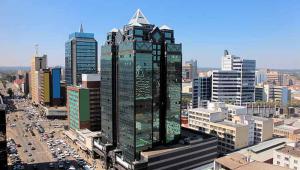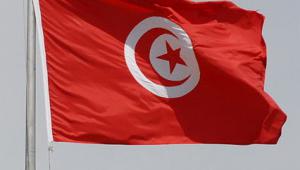Secondary school teachers boycotted the exam period at the beginning of December when they went on strike, demanding an increase in grants, the right to early retirement and improved working conditions.
Students were expected to return to their studies after the two-week winter break on Wednesday, but the education union has announced that the protests would continue, it was reported by local media.
Secretary general of High School Teachers’ Union Al-Assad el-Yaqoubi said in December: “Negotiations with the Ministry of Education have lasted for more than six months in vain.
“The government must assume its responsibility and make acceptable proposals to avoid the risk of a lost year.”
The government has said negotiations must take into account the north African country’s financial abilities to meet the demands of the teachers.
Tunisia is facing pressure to increase public servants’ pay, as the cost of living has increased.
This comes as it is required to bring down the deficit and cut spending under an IMF programme approved in 2016.
According to the IMF, Tunisia’s public sector wage bill is among the world’s highest by proportion of GDP.
In November about 650,000 public sector workers in Tunisia went on strike over the government’s refusal to raise wages. This included employees from schools, universities, municipalities, ministries and hospitals.







